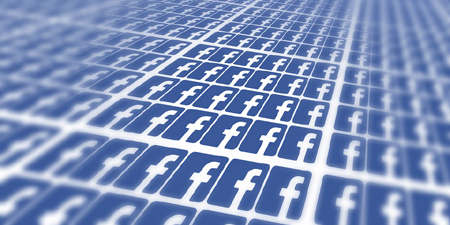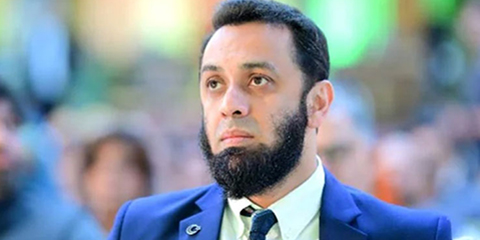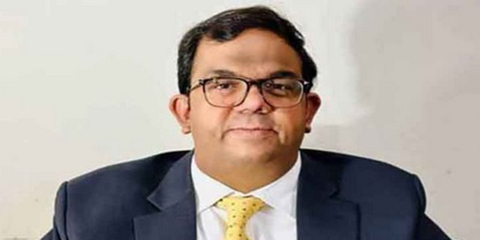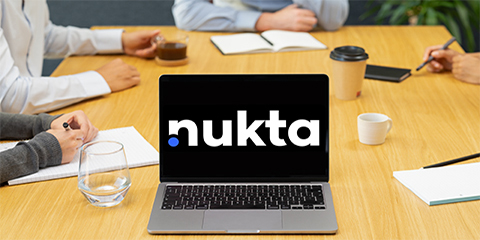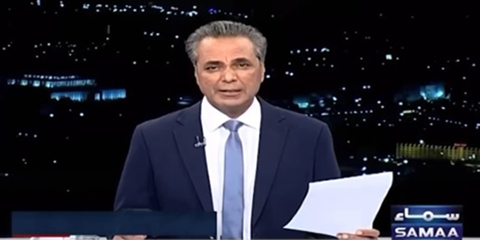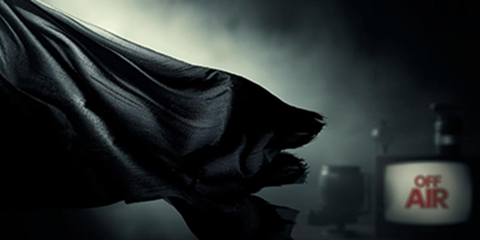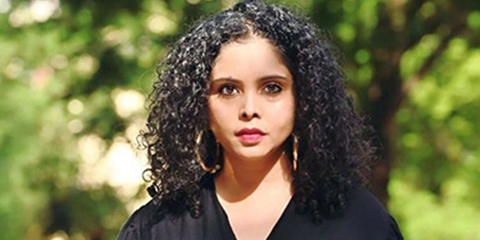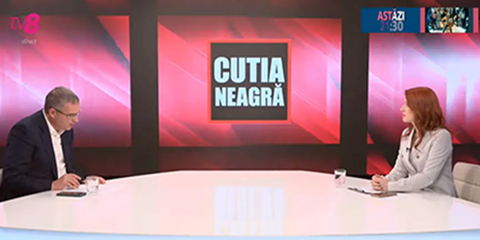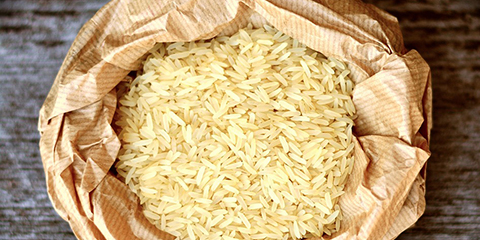CPJ calls for lifting ban on social media in Indian Occupied Kashmir
JournalismPakistan.com |
Published 8 years ago
Join our WhatsApp channel
NEW YORK - Indian officials in the state of Jammu and Kashmir should immediately revoke a one-month ban on access to social media services, the Committee to Protect Journalists said Wednesday.
The order, announced Wednesday, directed all internet service providers to block users’ access to 22 platforms, including Facebook, Twitter, Snapchat, WhatsApp, and YouTube, according to local reports.
The order from the Home Department of the state government said it was in “the interests of peace and tranquility in the state” and that social media was “misused by anti-national and anti-social elements.”
R.K. Goyal, the principal secretary who signed the order, could not be reached by phone and did not immediately respond to an email.
“The sweeping censorship of social media under the pretext of ‘maintaining peace and order’ will bring neither peace nor order,” said Steven Butler, Asia Program coordinator at CPJ. “Such broad censorship clearly violates the democratic ideals and human rights India purports to uphold.”
The state has been the site of renewed protests since Indian government forces killed a separatist leader in July. Eight people were killed when protesters fought with police during a by-election earlier this month. The order comes after a spate of videos purportedly showing Indian soldiers committing human rights abuses spread widely on social media. In one such video, a Kashmiri man is seen strapped to the front of an army jeep as a human shield.
The government has blocked access to the internet and mobile services in Jammu and Kashmir to prevent demonstrations before, according to The Associated Press. According to a 2016 report from the U.S. think-tank the Brookings Institution, India blocked access to the internet in various regions in an attempt to prevent demonstrations 22 times from July 1, 2015, to June 30, 2016, more often than did Syria, Pakistan, and Turkey combined.
The censorship of social media was instituted because India “has completely lost control” in Kashmir, Hilal Mir, editor of the independent newspaper the Kashmir Reader, told CPJ. He credited the videos’ wide circulation on social media for pushing the government to open inquiries into soldiers’ conduct.
Mir told CPJ that the order to block access to social media would make it more difficult for journalists in the region to do their jobs, as they regularly use social media and platforms like WhatsApp to communicate and to report. He said that mobile phone data service had also been shut down, and worried that the censorship of social media might presage aggressive censorship of the traditional news media.
The Kashmir Reader was among the publications state authorities censored in July 2016, amid a government-imposed blackout of mobile data services, CPJ reported at the time. – Committee to Protect Journalists
Don't Miss These
Why only Nukta, Mr. Minister? Media workers question government's selective support
November 06, 2025:
Information Minister Attaullah Tarar’s job offer to Nukta staff draws criticism as hundreds of journalists across Pakistan face layoffs, salary delays, and job insecurity.
Information Minister Tarar announces jobs for all 37 laid-off Nukta employees
November 06, 2025:
Information Minister Attaullah Tarar announces jobs for 37 laid-off Nukta employees, saying they will be placed at digital platforms within 48 hours amid growing media uncertainty.
Faisal Chaudhry’s viral one-liner on G for Gharidah steals the show
November 05, 2025:
PTI’s Faisal Chaudhry’s witty reply to Gharidah Farooqi on GTV’s “G for Gharidah” goes viral as a clip from their debate over the 27th Amendment sparks reactions online.
A digital dream falters: Nukta cuts 37 jobs in Pakistan after only one year
November 05, 2025:
Digital platform Nukta lays off 37 employees in Pakistan, including journalists and producers, highlighting the financial struggles facing new media ventures in a shrinking job market.
Talat Hussain says offensive viral clip was edited out, not aired on Samaa TV
November 04, 2025:
Talat Hussain denies airing the viral clip showing Sher Afzal Marwat’s vulgar remark, saying it was not part of his Samaa TV show.
PFUJ recalls November 3, 2007 emergency as Pakistan’s darkest day
November 03, 2025:
PFUJ recalls November 3, 2007, as Pakistan’s darkest day under Musharraf, urging protection for journalists and the abolition of laws threatening press freedom.
PFUJ calls for end to Impunity for Crimes Against Journalists
November 02, 2025:
PFUJ urges Pakistan’s federal and provincial governments to end Impunity for Crimes Against Journalists and ensure their safety and press freedom.
Global impunity for journalist murders worsens as Pakistan sees 60 percent rise in attacks
November 02, 2025:
Impunity for crimes against journalists deepens worldwide as Pakistan reports a 60 percent surge in attacks and weak enforcement of safety laws.




